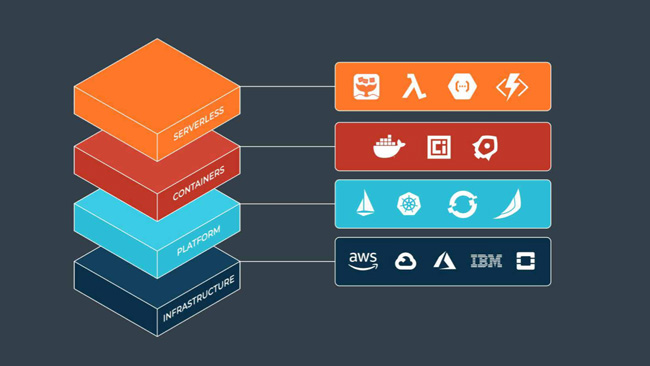In today’s digital age, security has become a top priority for organizations of all sizes. With the increasing number of cyber threats and data breaches, ensuring that your organization’s systems and data are secure is crucial. A security assessment is one of the most effective ways to identify vulnerabilities in your security stack and protect against potential threats. If you’re an MSP, you must provide custom and reliable security stacks based on risk assessments for your clients.
Here’s a closer look at why security assessments are critical for building effective security stacks:
Building Security Stacks
A security stack refers to the set of security measures that an organization puts in place to protect its data and systems. It typically includes hardware and software tools, policies, and procedures that work together to prevent, detect, and respond to security threats. MSPs will build custom security stacks for their clients using reliable and efficient software by ConnectWise. ConnectWise provides access to software and monitoring platforms for MSPs to manage security stacks for an extensive network of clients more efficiently. Before implementing new security stacks, threat and infrastructure assessments are critical for understanding the needs of each client.
A security assessment is a comprehensive evaluation of an organization’s security stack. It involves analyzing the organization’s systems, processes, and policies to identify vulnerabilities and potential security risks. The assessment provides insights into the organization’s security posture and helps identify improvement areas.
Why Security Assessments are Critical
There are several reasons why security assessments are crucial for building reliable stacks for clients:
Identify Vulnerabilities
One of the main benefits of a security assessment is that it helps to identify vulnerabilities in an organization’s security stack. These vulnerabilities could be in hardware, software, or processes. By identifying these vulnerabilities, organizations can take steps to patch them and prevent potential security breaches.
Mitigate Risks
A security assessment also helps to mitigate risks by identifying potential security threats. By analyzing an organization’s security stack, assessors can identify vulnerabilities attackers could exploit. Gathering risk information helps MSPs develop strategies to prevent attacks and mitigate risks for any type of network.
Compliance Requirements
Many organizations must comply with various regulations and standards, such as HIPAA, PCI-DSS, or GDPR. A security assessment can help organizations ensure compliance with these regulations by identifying areas where they need to improve their security measures.
Reputation Management
A data breach or cyber attack can severely impact an organization’s reputation. Customers are more likely to trust an organization with a robust security stack that will protect their company and user data. A security assessment can help organizations identify areas where they need to improve their security measures and build a more reliable security stack, thereby enhancing their reputation.
Cost-Effective
A security breach can be costly for an organization in terms of financial loss and damage to its reputation. A security assessment can help prevent potential security breaches, saving organizations a significant amount of money in the long run. Identifying and addressing vulnerabilities before attackers exploit them is much more cost-effective than responding to security breaches after the fact.
Continuous Improvement
A security assessment is not a one-time event but an ongoing process. It helps organizations identify areas where they need to improve security measures and build a more reliable security stack. By conducting regular security assessments, organizations can ensure that their security measures are up-to-date and effective.
A security assessment is an essential tool for organizations that want to build a reliable security stack for their clients. Organizations can benefit significantly from security assessments by identifying vulnerabilities, mitigating risks, complying with regulations, enhancing their reputation, and saving money. Continuous improvement is critical to building a solid security stack and protecting against potential cyber threats. A security assessment can help organizations stay ahead of the curve and ensure their security measures are effective and current.

